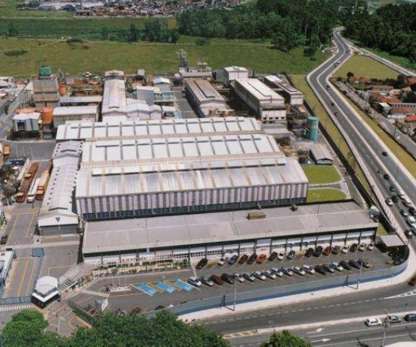Idaho National Laboratory low-energy electrochemical process could eliminate need for steam cracking of hydrocarbons
Green Car Congress
APRIL 5, 2018
A team of Idaho National Laboratory (INL) researchers, with colleagues at Georgia Tech, has pioneered an electrochemical process that could eliminate the need for high-energy steam cracking. Typically the steam cracking of ethane has a conversion rate of 70%, with ethylene yields of about 50%.

























Let's personalize your content